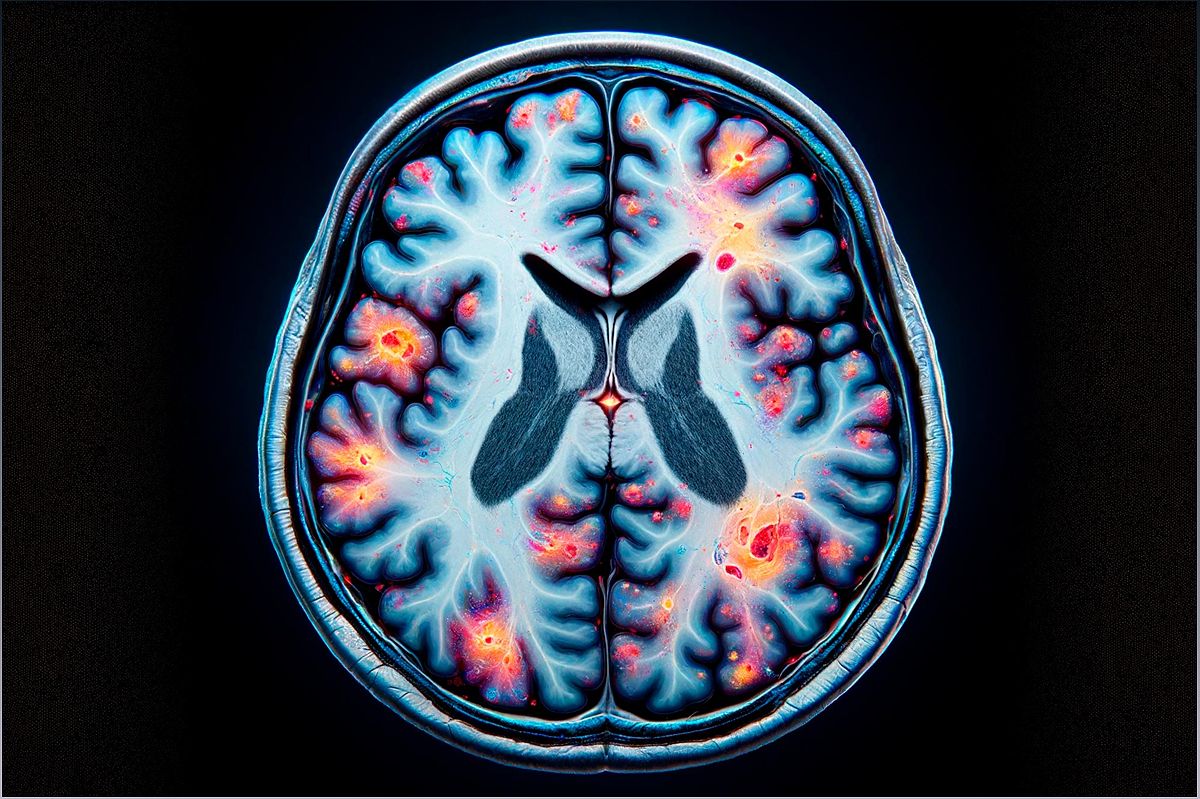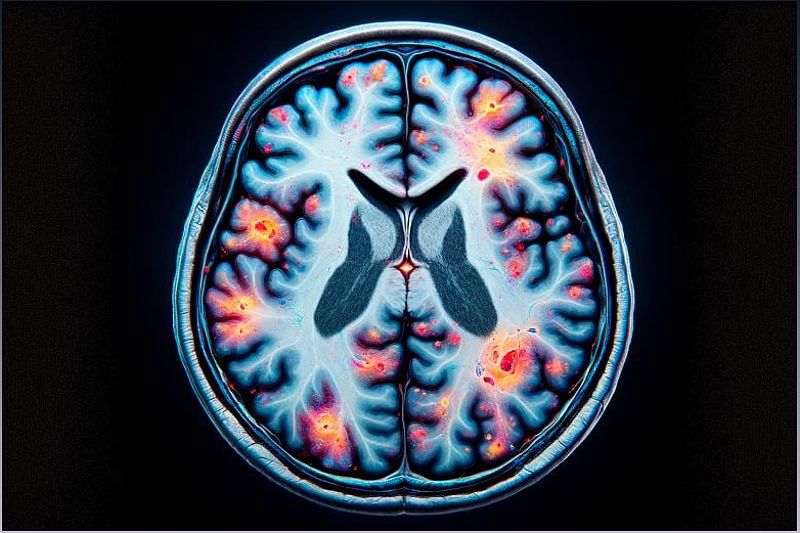New research reveals that T cells, not viruses, are responsible for the neurological damage seen in diseases like Zika and COVID-19. The study highlights the potential for targeted treatments that modulate the immune response to mitigate the devastating consequences of these infections.
T Cells Identified as Key Culprits in Neurological Damage from Zika and COVID-19, Study Finds
Recent research has unveiled a groundbreaking discovery that shifts the focus from viruses to the immune system in understanding the neurological damage caused by acute viral infections like Zika and COVID-19. This new understanding offers promising avenues for the development of innovative treatment strategies.
For years, it was widely believed that the direct viral invasion was responsible for the neurological damage observed in diseases such as Zika and COVID-19. However, a recent study conducted by researchers from McMaster University challenges this notion and reveals that it is actually the immune system's response, specifically T cells, that plays a pivotal role.
Elizabeth Balint, a PhD student at McMaster, and Ali Ashkar, a professor with the Department of Medicine, led the study published in Nature Communications. They found that a unique population of T cells, known as NKG2D+CD8+ T cells, are responsible for the neurological damage observed in diseases like Zika, COVID-19, and septic shock.
The researchers discovered that these NKG2D+CD8+ T cells exhibit abnormal behavior, attacking and damaging cells that are not infected with the virus. This aggressive response is triggered by the overproduction of inflammatory proteins called cytokines by the immune system. While cytokines are important for coordinating the body's immune response, excessive production can lead to collateral damage, particularly in the brain.
This groundbreaking study highlights the importance of understanding the immune system's role in neurological damage caused by viral infections. By targeting T cells and modulating the immune response, researchers may pave the way for effective treatments that can mitigate the devastating consequences of these diseases.
Potential Treatment and Future Research
The discovery of T cells as the primary culprits in neurological damage opens up new possibilities for the development of targeted treatments for diseases triggered by acute viral infections. Elizabeth Balint, the lead researcher, has already made progress in finding a potential treatment. In animal models, an antibody has been shown to completely block and treat neurotoxicity. This antibody is currently in clinical trials for different uses in humans, offering hope for future treatment options.
Balint and her team are also interested in studying other viruses to further understand their impact on the immune system and neurological damage. This ongoing research will contribute to the development of the best treatment options for these devastating diseases.
Conclusion
The groundbreaking study conducted by researchers from McMaster University has shifted the focus from viruses to the immune system in understanding the neurological damage caused by acute viral infections. It reveals that T cells, specifically NKG2D+CD8+ T cells, are responsible for the damage observed in diseases like Zika, COVID-19, and septic shock. By targeting these T cells and modulating the immune response, researchers may develop effective treatments to mitigate the devastating consequences of these infections. The discovery of a potential treatment and ongoing research in this field offer hope for the future.


